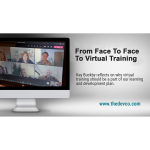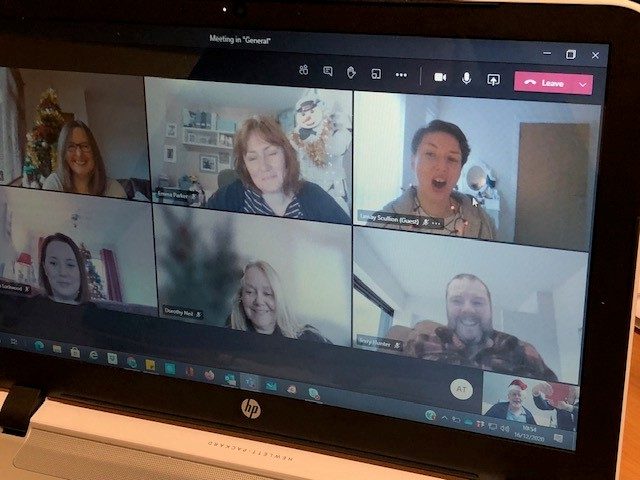

When we started The Development Company in 1994, five day residential courses were the ‘norm’. We could spend whole days driving or travelling to a course to stay in a hotel or a conference centre, and then a shorter last day to accommodate for the journey home. Looking back, that is potentially a huge trauma to the body and mind.
Ah, me! The memories. Day one was spent settling in and needing a good nights’ sleep to recover from the travel, days two to four were about getting used to the strange bed and rich food, and the last night was usually spent talking about our hopes that we get away on time to ‘miss the traffic’.
What space was there for the learning, I now wonder?
Long days getting saturated with facts, because trainers in those days were expected to be the knowledge givers. This was before “Google it” became an expression, we don’t have to be the Oracle. And now, with email and learning management systems, people can connect with content before, during and after an event.
The technology has been around to move training online for a while now; Covid, and a new client, Victim Support Scotland, encouraged us to become a virtual training organisation.
At a time when our clients were busy getting people working from home, and battening down the hatches for survival, Victim Support Scotland were sourcing a training company who could develop their people virtually in the skills of train the trainer.
The programme ended up being a Certificate in Facilitation Skills, so not only did the pilot group of eight learners get the first taste of online facilitation from us, they also obtained a professional qualification too.
Victim Support Scotland kept their people safe during the first lockdown, and the learning spread out virtually across the organisation, from the freshly qualified facilitators from mid July 2020. The organisation has reaped the rewards; volunteers, and staff have continued to be personally and professionally developed at a time when many individuals experienced no training.
Adrian Green, course facilitator, said “The standard of facilitated sessions from all the VSS learners was higher than the ‘normal’ face to face 4 day course. All attendees, who had previously never facilitated a learning event, led sessions that were involving, used a variety of experiential methods, and were learner led.”
Adrian continues, “For years now, in learning psychology, we have known that shorter burst sessions are more beneficial to the process of learning. Running the course as two-hour modules, spaced a week apart, enabled my learners to engage with the learning, reflect, and apply in real life. It is the learning cycle in action.”.
Since the first group, The Development Company facilitated a further cohort, from October 2020 to January 2021. That is 16 qualified facilitators, delivering engaging events for Victim Support Scotland.
A lot of our clients are now revisiting their Learning & Development Policy – with virtual learning being included in a blended learning approach. For Victim Support Scotland, an organisation with staff so distanced across Scotland, with volunteers to onboard, develop and retain, and with a wide variety of development needs, it makes economical and learning sense.
A trainer from The Development Company sums up “Virtual facilitation is the way ahead for Learning & Development. It follows learning psychology, and the learning cycle, and it shows in the results we have had – it works! Learning is an active sport, and people have taken responsibility for their own learning, and acted to change behaviours, analyse effects, work as a team, the gap in time between modules means that learning flows from this, and is true reflection time.”
The journey from classroom based training to virtual facilitation is one from face to face/inputs driven training to virtual, learner led, learning at the point of need. Learners take what they need from it. Gone is the sheep dipping approach of the old days!
“It was such an enjoyable course. The training course was really well structured, and I thoroughly enjoyed all the learning. It was also great to meet and mix with other people from different localities within the organisation. Thanks for everything!”
Emma Thurley, Support Coordinator, Victim Support Scotland
What are your thoughts?
Do you plan to build in more, or less, virtual learning into your Learning & Development plan?


